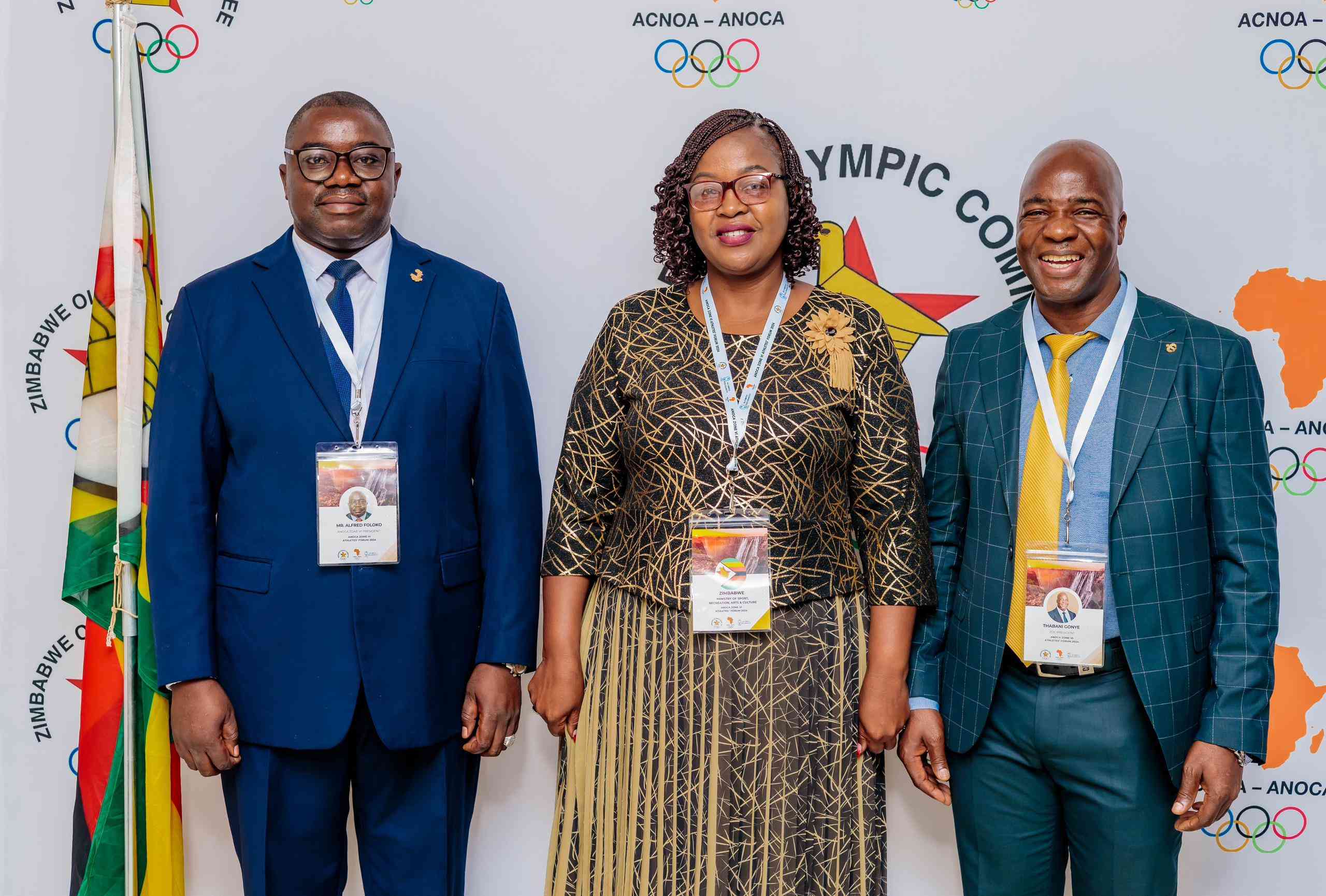
The Asiagate match-fixing scandal that has been unearthed by the new Zifa administration is indeed a milestone achievement in bringing sanity to local football.
I must applaud the new administration for taking this stance which is not usually easy. They have lived up to the saying “new brooms sweep clean”.
It will breathe new life into the manner our football is administered by changing the mindset of local administrators while instilling confidence in sponsors.
However, in the midst of all these positive comments also comes questions whether the new administration is not going to lose focus in their day-to-day business and most importantly, on a strategy that counters the causes of such misdemeanours.
I am not qualified to go deeper into the Asiagate scandal itself and my comments are largely going to touch on what l believe is the way forward for the new administration.
I believe that it is paramount for the new administration to simultaneously invest their energies in a commercialisation model which attracts partners that pour money into the system.
The strategy must have a fourfold magnitude in drive, depth and publicity in order to redirect stakeholders’ and supporters’ perception about the business of the new administration and their vision. I think you will all agree with me that the causes of all these scandals are clear for all to see.
With the football association always broke, it goes without saying that most staff members who are employed in football associations in Africa are not paid enough and the temptation of using their office to make money to survive is ever-present.
- Chamisa under fire over US$120K donation
- Mavhunga puts DeMbare into Chibuku quarterfinals
- Pension funds bet on Cabora Bassa oilfields
- Councils defy govt fire tender directive
Keep Reading
In real terms the commercialisation approach will seek to manage football as a profit entity, to secure funding for the association.
South Africa managed to adopt a commercialisation model that makes it the richest league in Africa, making it possible for them to attract the best players from Africa and even a few players from Europe.
This is not an event but a process that requires commitment and consistency in order to reap the rewards.
Central to a commercialisation model is the association’s realisation that they are not just managing football, but a brand that attracts sponsors whose interest is to sell their brands using football.
This realisation is very key to understand as it naturally instils discipline and plants a seed of accountability in the actions of the association.
The association should constantly be aware that it may cost them to lose partners who pour money into funding their structures and budgets.
This is very important to know as many football institutions seem to always think that sponsors are donors!
No, they are not donors as they only provide funds from their marketing budgets to promote their brands to their targeted markets, which means they have set objectives which must be achieved after the sponsorship.
Sponsors always find it easy and acceptable to sponsor institutions with proper management structures as compared to one- man-band organisations.
If there is a sound structure, then issues of budgets naturally come into play.
The benefits of employing experienced and qualified staff that I alluded to earlier becomes relevant as the so-called football greats may not have the knowhow to professionally handle such matters.
It is for this reason that today in Zimbabwe cricket, tennis and rugby attract bigger multi-sectoral sponsorship deals as they employ professional staff who can present convincing sponsorship proposals.
The football association can secure funding through selling their TV rights, touchline advertising rights, the Warriors brand, royalties on shirt sales, gate takings and sponsorship income.
Commercialisation was adopted long ago in Europe, Asia, South America, Australia and in African countries such as South Africa and Egypt.
Within the last few years Nigeria, Cameroon, Ghana, Liberia, Kenya and Zambia have also joined the bandwagon of commercialising football.
Local football has been like a woman who has been pregnant for three years and still can’t give birth.
Our local talent is too good to play for passion only while other countries like South Africa make big money out of our talent.
I believe this is the opportune time to deal with this ghost that has been hounding our football for so long at a time when the Ministry of Education, Sport, Arts and Culture is agreeing to deal with the challenge of local authorities charging 20% of gate takings.
It is the opportune time when the responsible minister, David Coltart, has scheduled a football indaba following the recent visit by Fifa President Joseph Sepp Blatter to brainstorm on why local football cannot make profit.
Indeed, it is the most appropriate time when our women’s national team recently did us proud by winning the Cosafa Trophy after which President Robert Mugabe confirmed that the government needs to do more for local sports.
Surely, there is no special reason why the Zambian and Kenyan football leagues would attract SuperSport coverage ahead of ours when we have more talent.
I do believe commercialisation can indeed inject lifeblood into local football and benefit the national football association, clubs, officials and even the supporters.
In a match situation, coaches believe that the best way to defend is by attacking and I also believe the best way to deal with the causes of match-fixing after successfully exposing the scandals is by way of commercialising the game.
Stanley Makombe is a sports consultant with New Century Associates Email: [email protected]











